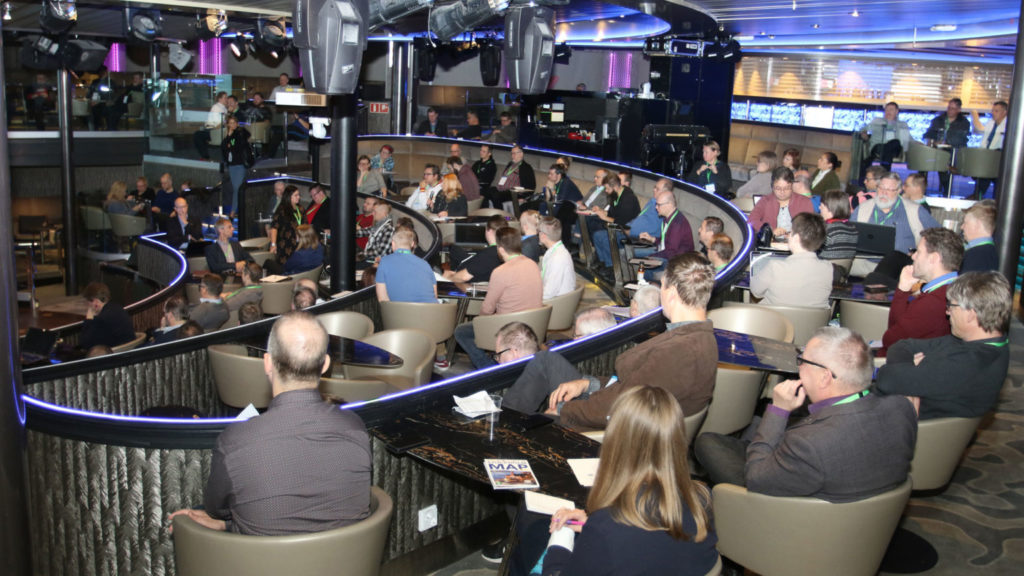Labor market activity
The main objective of the Union’s labor market activities and lobbying is a fair and safe working life for its members. This includes improving the employment and professional esteem of members and promoting equality in working life.
The remuneration and working conditions of engineers and other technical experts are affected in two ways:
- by negotiating the best possible employment and collective agreements for the members
- influencing legislation on matters that are relevant for the protection of members’ interests
At the core of promoting members’ interest in the labor market is the collective agreements (TES and VES) negotiated approximately every 2 to 4 years. As part of the agreement process, employers’ and employees’ organizations agree on sector-specific salary increases, working hours, holidays, and holiday pay, as well as sick pay and family leave pay.
The collective agreement depends on the employer’s industry and organization. The employer has the primary right to choose the applicable collective agreement.
Most of the employment terms come from collective agreements.
In the case of the Union of Professional Engineers in Finland, the negotiation and agreement on collective agreements are mainly carried out through bargaining organizations. On the private side, the bargaining organization is the Federations of Professional and Managerial Staff (YTN). On the public side, it is the Bargaining Organization for Public Sector Professionals (JUKO). The bargaining organizations also have their staff, but especially in the private sector, the supervision of the members’ labor market interest and negotiations depend on their associations and employees. Collective agreements are sectoral or company-specific. In the field of information technology, the collective agreement is negotiated by YTN together with the Association of IT Sector Employees, which is a member of the Union of Professional Engineers.
The Union of Professional Engineers in Finland is often asked to comment on draft legislation regarding working life. In addition to providing these comments, the Union influences the work of engineers and other technical experts through its work and research, as well as through its participation in the public debate on working life and working conditions.
Lobbying at the workplace and local agreements
In addition to legislation, and employment and collective agreements, the employee’s working relationship is affected by his/her own contract and possibly local workplace agreements, which may be at the corporation, company, office, or position level.
A local agreement refers to a contract based on a law or collective agreement. A local agreement based on a collective agreement is, in principle, possible only in companies that belong to a union. The local contract is signed by the union steward selected by the employees and the employer.

The Union steward represents the employees covered by the collective agreement at the workplace.
Within the limits permitted by the collective agreements, he or she can agree locally, for example, on holiday allowances, travel time compensation, and flexible working time.
In addition to the local agreement, the Union steward monitors compliance with the collective agreements at the workplace and assists staff in matters related to employment relations.
Matters to be agreed upon in an employment contract include, for example, pay, possible non-competition agreements, and a notice period.
Sometimes, when it comes to questions related to work, self-help is enough. There is an Oma luottamusmies online service (in Finnish) with information on basic work-related issues, such as pay and other terms and conditions of employment. If the information is not sufficient, please do not hesitate to contact the union’s customer service or experts.